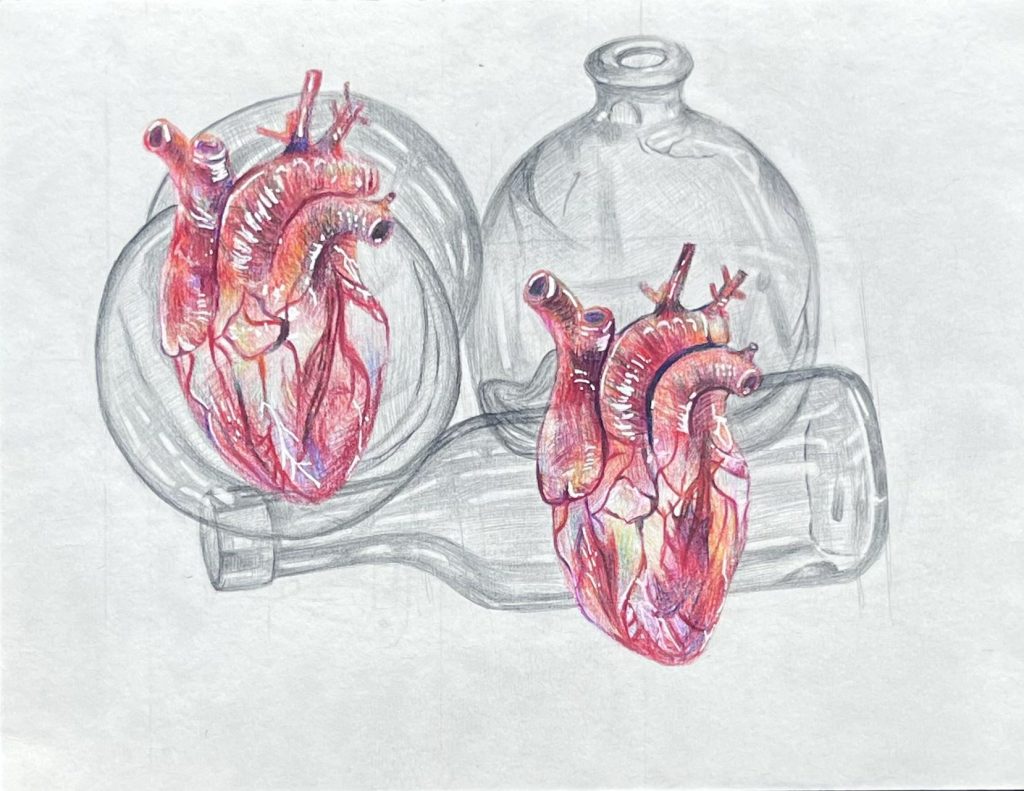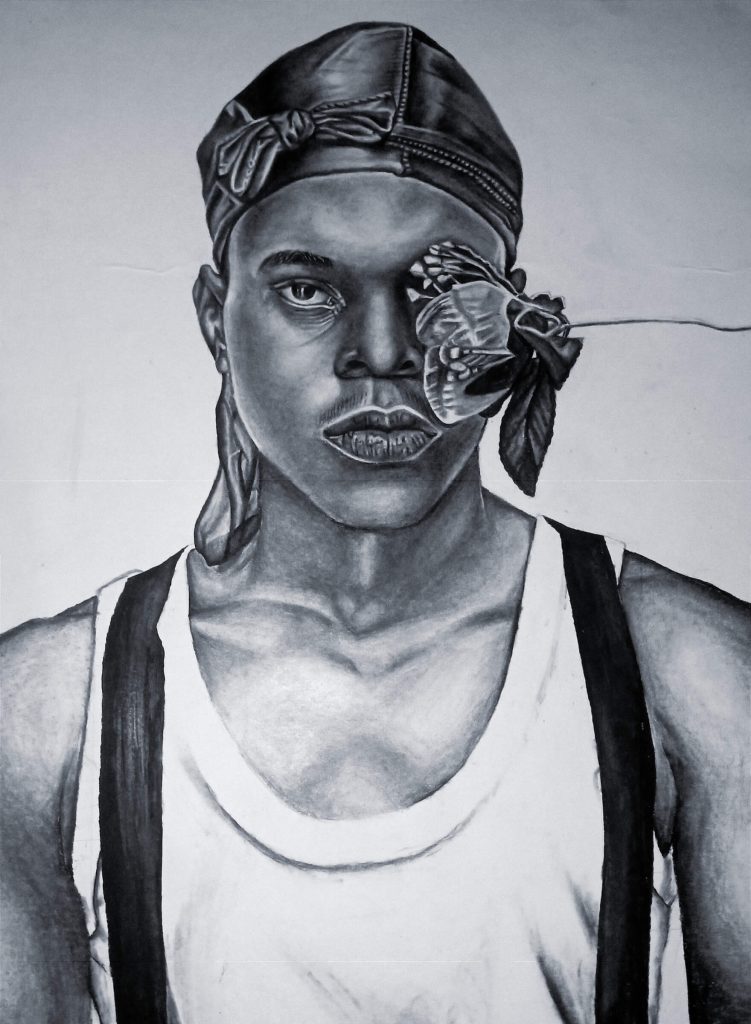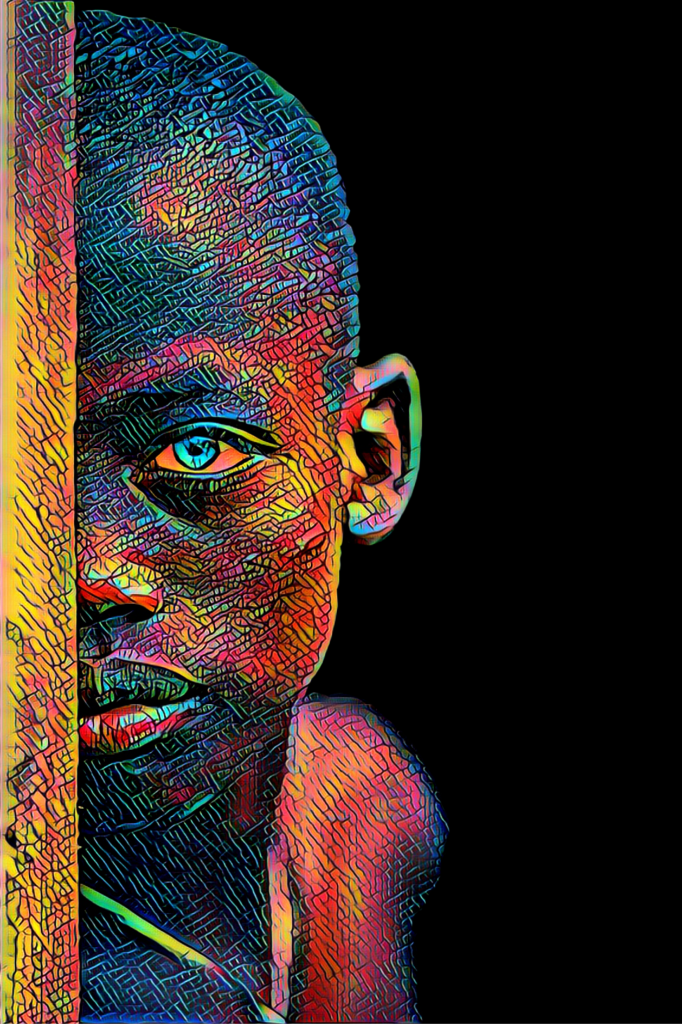What would you do if you were told that you only had twenty-four hours to live? Will you spend the rest of your time with your family and loved ones, or will you enjoy all the food and good things in life while you still can? In his novel “They Both Die at the End,” Adam Silvera takes the reader on a journey of two strangers, Mateo and Rufus, through the last twenty-four hours of their lives.
The main plot revolves around two characters, Mateo and Rufus, who receive a phone call from “Death Cast” informing them that today is their last day on Earth. They are matched by the “Last Friend” app, and they spend the day together navigating the challenges and joys of their last twenty-four hours. Mateo and Rufus are both looking for meaning in their final hours, trying to overcome their flaws and find purpose.
Reading about their journey inspires us to be courageous rather than allowing our regrets and guilt to keep us from taking risks and making the most of every moment. Their experience in the last hours of their lives also teaches us to never take anything for granted, and to find joy in the most insignificant details.
Silvera’s writing is beautifully evocative, painting vivid pictures of a world that is both familiar and unique. The alternating perspectives of Mateo and Rufus adds depth to the story and allows the reader to fully understand each character’s motivations and emotions. Their perspectives differ from each other due to their backgrounds, personalities, and life experiences. Mateo is a reserved, introverted young man who has always lived a sheltered life, while Rufus is more outgoing and has a troubled past. The themes of life, love, friendship, and mortality are explored in a way that is both thought-provoking and relatable.
Adam Silvera invites the reader on a powerful journey of self-discovery and introspection. This novel is not just a story about death, but a celebration of life, love, and the human spirit, leaving the reader with a lasting impression and the urge to live each day to the fullest.
William Wijaya is an undergraduate student from Indonesia pursuing a bachelor’s degree in psychology, English Literature, and Journalism. He’s taken advantage of the opportunity to study in India, immersing himself in a new culture and academic environment. His varied fields of study demonstrate his intellectual curiosity and desire to understand the human experience through various lenses.



